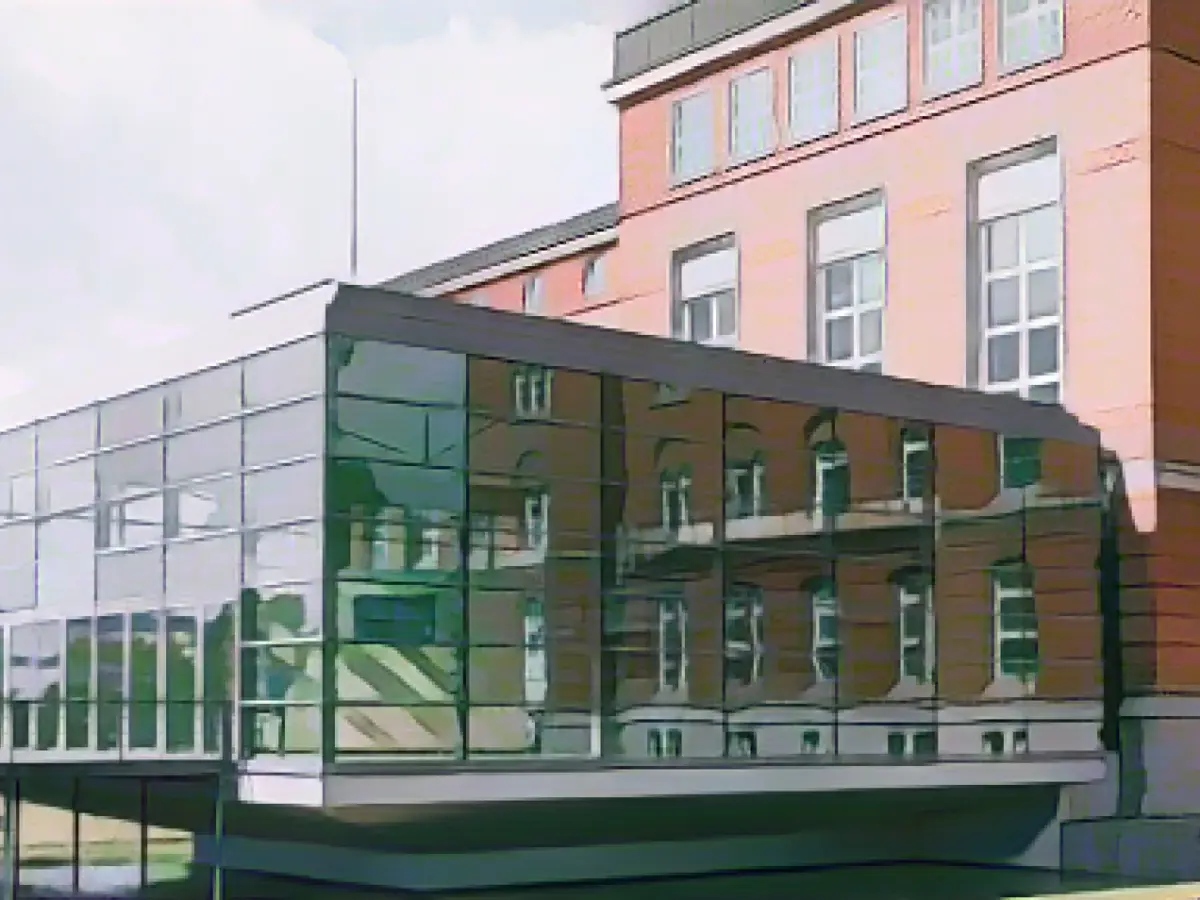Parliament - FDP motion to revise regional plans rejected
The FDP parliamentary group has called for a fundamental revision of regional plans in the state parliament in Kiel. The corresponding motion was rejected in parliament on Friday - also by parts of the opposition.
Former Economics Minister Bernd Buchholz said in Kiel in justification of the motion that one of the mandatory prerequisites for an increase in gross domestic product was the provision and designation of areas for trade and industry. "We have established in regional planning that the opposite is the case," he continued.
The plans show far too few areas for trade, industry and companies that increase value creation. Furthermore, regional planning is not regional planning, but the coordination of municipal planning. This means that the state itself does not incorporate its objectives into the regional plans.
"If the goal is to become an industrial state with as few emissions as possible, then these goals must be anchored in such regional planning," emphasized Buchholz. However, none of this can be found in the regional plans. The alternative proposal by the black-green government coalition to evaluate and incorporate the public's requests for changes was not sufficient either.
The opposition FDP parliamentary group was unable to prevail with its motion against the majority of votes from the black-green government. Even among the opposition parties, not all supported the Liberals' request. The SSW rejected the motion. Faction leader Lars Harms said that the FDP was saving too much on nature and landscape conservation. In addition, there was too much focus on the area surrounding Hamburg. The SSW is therefore calling for a joint economic development strategy for the border region with Denmark.
Education Minister Prien (CDU), who was standing in for Interior Minister Sabine Sütterlin-Waack, who was ill, saw no reason to revise the regional plans. Their aim is to transform the state into a climate-neutral industrialized country. The country should achieve greenhouse gas neutrality by 2040 and increase growth at the same time. The plans should therefore create the conditions for the economy of the future - however, if there is a need to make adjustments, these will be implemented.
The plans specify how the settlement structure, open spaces and infrastructure should develop in the respective areas. For example, core areas for tourism are designated and supra-regional locations for industrial estates are defined. However, they do not deal with issues such as onshore wind energy, photovoltaics or large-scale retail. These are regulated in other plans.
Read also:
- A clan member is punished here
- Traffic lawyer warns: Don't talk to the police!
- Will he be convicted as Jutta's murderer after 37 years?
- He also wanted to kill his cousin
- Despite the FDP's push for a beechwood revision of regional plans in the State parliament of Schleswig-Holstein, their motion was rejected, including by parts of the opposition.
- Bernd Buchholz, former Economics Minister, argued in Kiel that the provision and designation of areas for trade and industry are crucial for an increase in gross domestic product, yet regional planning in the state shows a lack of such areas.
- The opposition FDP parliamentary group was unable to prevail with their motion, as they faced opposition from not only the black-green government majority but also from the SSW, who criticized the Liberals for saving too much on nature and landscape conservation.
- The regional plans in Germany, aimed at transforming the state into a climate-neutral industrialized country, specify core areas for tourism and supra-regional locations for industrial estates, but fail to address issues such as onshore wind energy and large-scale retail in these plans.
Source: www.stern.de








